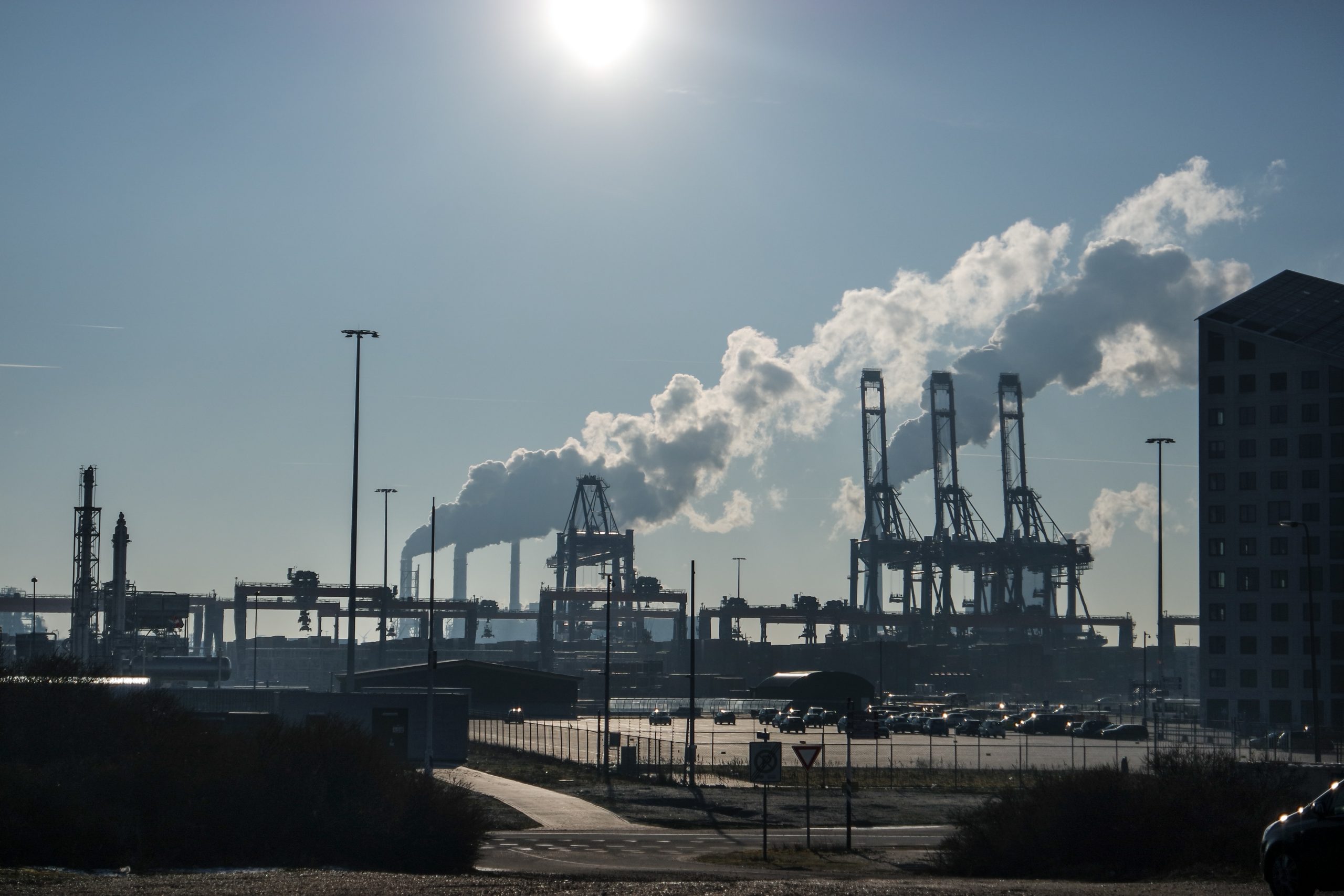ESG (Enviromental – Social – Governance) is the acronym that has attracted the eyes of industries to an imminent and extremely urgent need.
Since the first industrial revolutions, industries have introduced automation into their operations. In the first, coal moved the heavy machines through steam and replaced the brute human force of the time. In the second, electricity not only revolutionized industry, but the whole world.
We can still mention the third revolution, in which information systems, just-in-time model, and adherence to computing, introducing new concepts capable of revolutionizing the industry once again through digitization.

As we can see, change is a natural part of industrial processes. It is in the industries that our goods are produced, and it is from their operations that we can have access to countless products and services. Furthermore, the industry is also responsible for generating employment and developing the communities in which it is present.
With this in mind, we can understand that the role of an industry goes far beyond its internal processes, operations and productions.
Therefore, the industry plays a fundamental role in our lives, and it is in the midst of this reflection that the concept of ESG becomes important.
This concept is not new, but it is only now, given the imminent risks that the environment is facing, that it gains strength and visibility.
The path to an ESG operation
As mentioned before, change is a natural part of our industries, and through the development that accompany these operations, these large industries are able to generate changes in shorter periods and with a much greater impact.
Technology is a great ally in industrial operations compliance with the ESG concept, but it is not the only pivot of this great need.

Industries must be aware of their importance in their communities, based on this, it is necessary to draw plans so that there is harmony between the spheres of ESG, respectively, environment, society, and governance.
Furthermore, development must always be accompanied by responsibility.
It is the ESG that dictates:
- anti-corruption policies,
- social responsibilities
- use of resources in order to minimize consequential impacts.
Perhaps, the biggest challenge for our industries within these 03 spheres is in the environmental issue. Not because of a lack of will, but because of the complexity, especially with regard to the energy transition.
And it is precisely in this complexity that industries are supported by government legislation and important institutions so that the objectives of the Treaty of Paris are met.
ESG is not a simple task, but as we can see historically, the industrial sector has transformation in its DNA, and in the midst of the period of digital transformation and access to these technologies, never seen before, new horizons begin to be traced.



